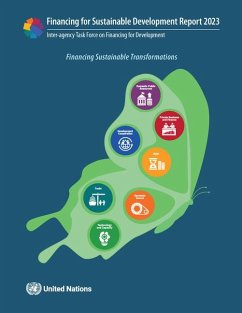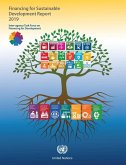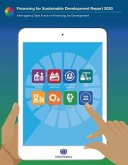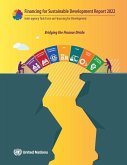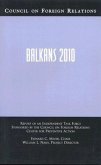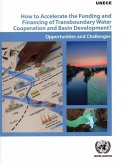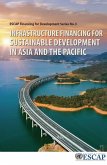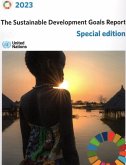The Financing for Sustainable Development Report (FSDR) assesses progress in implementing the commitments and actions in the Addis Ababa Action Agenda. Global sustainable development prospects continue to diverge. Two years ago, in the midst of the COVID-19 pandemic, the Inter-agency Task Force warned of a global divergence that could lead to a lost decade for development. By 2022, these risks had materialized--a great finance divide was translating into a development divide. Over the past 12 months, the war in Ukraine, sharp increases in food and energy prices and rapidly tightening financial conditions further exacerbated challenges for many countries, increasing hunger and poverty and reversing progress on the Sustainable Development Goals (SDGs). Despite some positive signs, the global macroeconomic outlook remains highly uncertain and particularly bleak for many of the poorest and most vulnerable countries faced with growing debt service burdens and tight fiscal constraints. Delaying investment in transformation is thus not an option. The multiple crises can shorten the time horizons for decisions--by policymakers, investors, businesses and individuals. Delaying investments would put the 2030 targets out of reach and exacerbate financing and macroeconomic challenges down the line. Sustainable and productive investments today can transform and diversify economies and enhance resilience to shocks, including inflationary supply-side shocks, tomorrow. As laid out in the 2022 Financing for Sustainable Development Report, such investments also enable countries to mobilize resources over time and better service debt. This is why the 2023 Task Force report focuses on sustainable transformations, including a roadmap for governments, along with changes in the way finance works.
Hinweis: Dieser Artikel kann nur an eine deutsche Lieferadresse ausgeliefert werden.
Hinweis: Dieser Artikel kann nur an eine deutsche Lieferadresse ausgeliefert werden.

